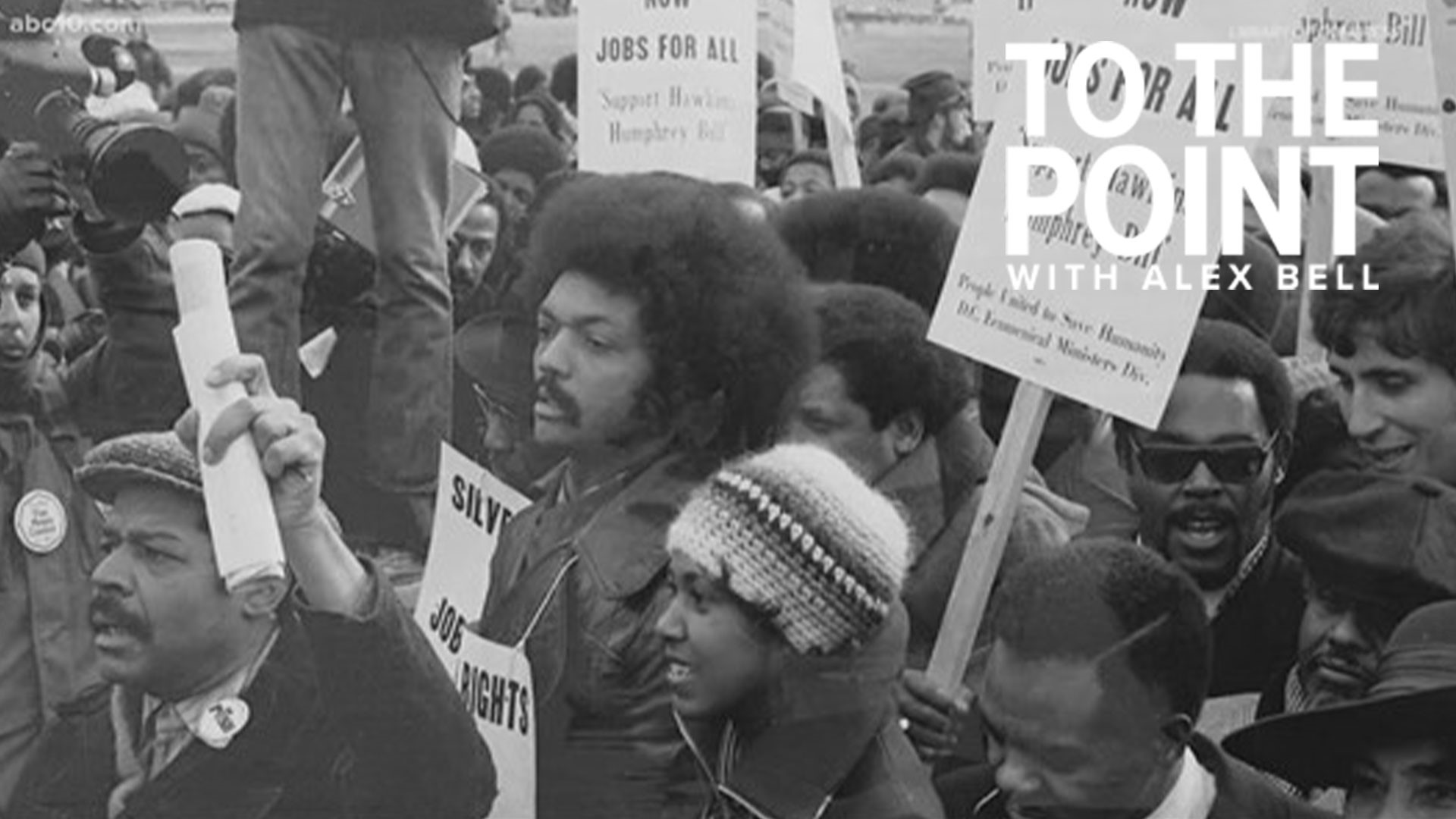SACRAMENTO, Calif. — In the U.S, Black History Month is celebrated every year in February. It's all about recognizing Black people, history and culture, as well as confronting the many injustices Black communities still face to this day.
The roots of Black History Month can be traced back to Sep. 9, 1915, half a century after the 13th Amendment abolished slavery. On that date, historian Dr. Carter G. Woodson, often referred to as the Father of Black History, co-founded the Association for the Study of African American Life and History, Inc. (ASALH).
Before Woodson, there was little to no accurate written history about the lives and experiences of Black people in America. He worked with other prominent members of the ASALH organization to promote, research, preserve, interpret and disseminate information about Black life, history and culture to the global community.
Woodson also led the ASALH group in launching Negro History Week, now commonly referred to as Black History Week, to commemorate and celebrate the contributions to the U.S. made by people of African descent. It was first celebrated during the second week of February in 1926. The group selected the month of February to coincide with the birthdays of both President Abraham Lincoln (February 12) and abolitionist Frederick Douglass (February 14).
During the next 50 years, Black History Week grew in popularity. According to ASALH, Black teachers in segregated public elementary and secondary schools engaged their students in an array of festivities like plays, pageants and the reciting of speeches.
During the mid-1960s, college students were demanding courses focused on African Americans, and protested for Black Studies Departments throughout the nation. Students, along with other groups and communities, were also encouraging Black History Week to be extended into a monthlong celebration.
ASALH began seeking recognition for Black History Month from the federal government. In February 1976, President Gerald Ford officially recognized Black History Month. He urged "fellow citizens to join me in tribute to Black History Month and to the message of courage and perseverance it brings to all of us."
Since 1976, every American president has designated February as Black History Month and issued proclamations endorsing an annual theme created by the ASALH organization. The 2023 Black History Month theme is Black Resistance.
Black History Month continues to be celebrated with events at schools, universities, museums and communities to honor the achievements and hardships of historical and contemporary African Americans.
To learn more about the origins of Black History Month and Dr. Carter G. Woodson, visit the ASALH website.

